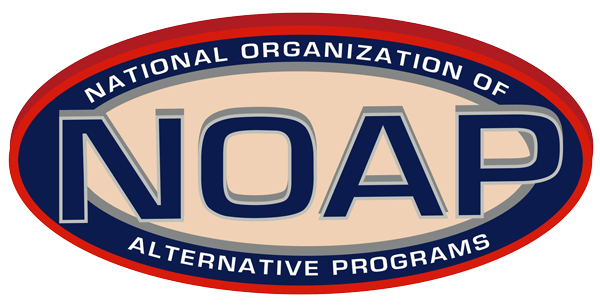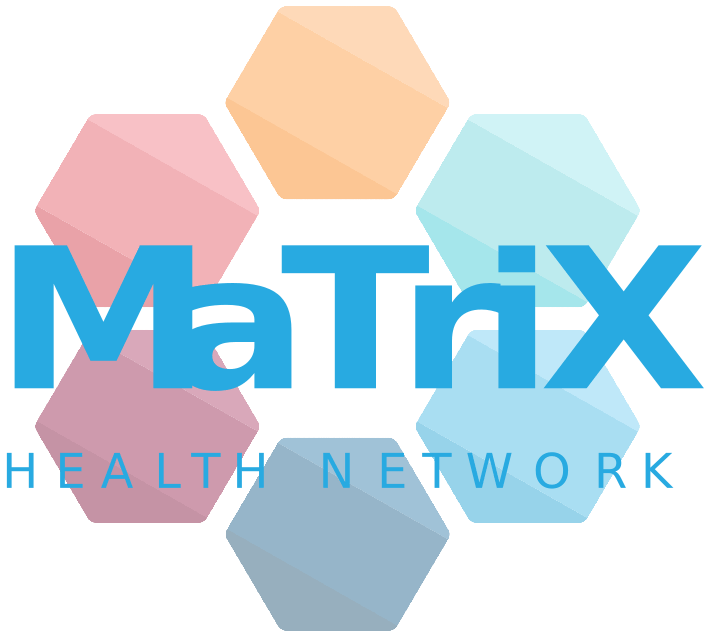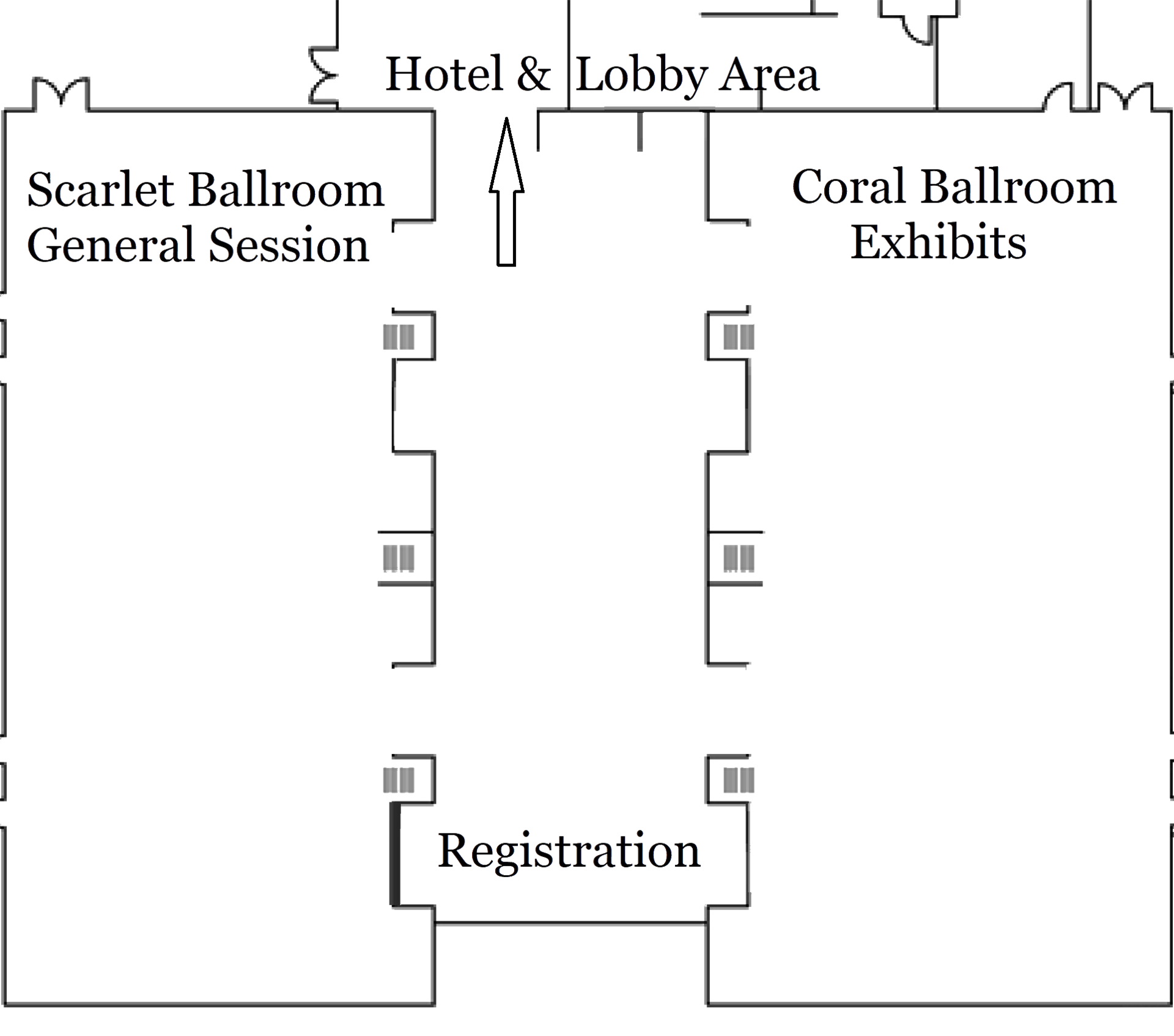2023 Annual Education Conference
Platinum Sponsors
Daily Schedule
All sessions listed below are eligible for Nursing CE. Click the tabs below to view the daily schedule details
(pdf)
TimeEastern |
Tuesday, May 16Subject to change |
Location |
| 10 - 5pm |
Registration & Check-in |
Foyer |
| 10 - 11:15am |
NOAP Board of Directors and Conference Committee Meeting |
Scarlet A |
| 12 - 2pm | Exhibit area set up |
Coral |
|
12:05 - 12:30pm |
Welcome & Opening
|
Scarlet BCD |
|
12:30 - 1:30pm CE: 1.00 Moderator: |
Session 1. Caring for Caregivers, Best Practices in Teaching
Description: Helping professionals often struggle themselves in being able to ask for help. This presentation looks to examine why it is so important to look at the needs of nurses and other healthcare individuals in treatment differently than the general public. Additionally, this session will uncover how to navigate supporting nurses in taking care of themselves first in order to care for others. Learner Objectives:
|
Scarlet BCD |
|
1:35 - 2:35pm CE: 1.00 Moderator: |
Session 2. Reducing Barriers to Help-Seeking with the Interactive Screening Program (ISP)
Description: Healthcare professionals are often prevented from proactively addressing their own mental health due to stigma and concerns about licensure. Unrecognized and untreated mental health conditions can lead to increased risk for suicide. To address these concerns, the American Foundation for Suicide Prevention (AFSP)’s Interactive Screening Program (ISP) connects healthcare professionals safely and anonymously to mental health support before crises emerge. Joining 185 organizations nationwide, the Wyoming Professional Assistance Program (WPAP) implemented ISP this fall. Presenters will share the program process, implementation steps, required resources, and program outcomes both nationally as well as for WPAP supporting professionals across Wyoming. Learner Objectives:
|
Scarlet BCD |
| 2:35 - 2:45pm |
Break with Exhibitors |
Coral |
|
2:45 - 3:45pm CE: 1.00 Moderator: |
Session 3. The Nexus Between Toxicological Possibility and Alternative Medical Explanation
Description: This presentation will focus on the uncertainty that exists at the nexus between toxicological possibility and alternative medical explanation. The presenter will review the sources of uncertainty in drug testing and propose practices that can reduce uncertainty; allowing evaluators to make the most effective use of existing knowledge to recognize and negotiate the irreducible uncertainties. The presenter will use a largely case-based approach to topics such as forensic history-taking; strengths/limitations of common testing matrices; specific drugs/metabolites; claims of environmental exposure; the roles of clinicians and laboratories; and the importance of collaboration between all involved parties in achieving medically credible outcomes. Learner Objectives:
|
Scarlet BCD |
|
3:50 - 4:50pm CE: 1.00 Moderator: |
Session 4. Comparative Analysis of 12-Step Group Therapy and Medication for Opioid Use Disorder on Adherence and Abstinence in Patients with Opioid Use Disorder
Description: To compare treatment adherence and illicit opioid abstinence of adult OUD patients enrolled in MOUD and adults OUD patients enrolled in 12-step group therapy at three and six months after initiation of treatment. Learner Objectives:
|
Scarlet BCD |
| 5 - 5:45pm |
Exhibitor Welcome Reception |
Coral |
|
7 - 8pm |
Support Group Meeting |
Scarlet A |
TimeEastern |
Wednesday, May 17Subject to change |
Location |
|
7 - 8am |
Support Group Meeting |
Scarlet A |
| 7:30 - 8:30am |
Breakfast with Exhibitors The Drury hotel offers complimentary breakfast to all guests staying at the hotel, please enjoy your breakfast in the exhibit area. |
Coral |
| 8 - 4pm |
Registration & Check-in | Foyer |
| 8:30 - 8:45am |
Welcome & Announcements |
Scarlet BCD |
|
8:45 - 9:45am CE: 1.00 Moderator: |
Session 5. Vicarious Trauma in Healthcare Professionals
Description: Vicarious trauma in the healthcare profession is leading to emotional and occupational challenges. The impact of trauma on the professional may result in compassion fatigue or burnout. It is critical that healthcare professionals recognize the impact of vicarious trauma on their emotional well-being and receive access to trauma informed care. Learner Objectives:
|
Scarlet BCD |
|
9:50 - 10:50am CE: 1.00 Moderator: |
Session 6. Psychedelics: Emerging Challenges and Lessons Learned
Description: The next generation of healthcare providers will need to be informed of evolving scientific, societal and legal constructs relating to the medicalization of controlled substances long associated with problematic use. The medicalization of opioids for chronic pain, the medicalization of cannabis, ketamine and recently hallucinogens, have broad implications. They also present challenges for healthcare providers. Dr. Madras will provide a critical analysis of the science regarding medicalization of psychedelics to assist in educating the healthcare community and developing defensible policies amidst these controversial issues. Learner Objectives:
|
Scarlet BCD |
| 10:50 - 11am |
Break with Exhibitors |
Coral |
| 11 - 12pm |
NOAP Business Meeting |
Scarlet BCD |
| 12 - 1:30pm |
Lunch |
Coral |
|
1:30 - 4pm CE: 2.25 15 minute break at 2:45pm |
Session 7. MRO Toxicology Panel Moderator:
Panelists:
Learner Objectives:
|
Scarlet BCD |
| Dinner on your Own |
TimeEastern |
Thursday, May 18Subject to change |
Location |
|
7 - 8am |
Support Group Meeting |
Scarlet A |
| 7:30 - 8:30am |
Breakfast with Exhibitors The Drury hotel offers complimentary breakfast to all guests staying at the hotel, please enjoy your breakfast in the exhibit area. |
Coral |
| 8 - 1pm |
Registration & Check-in |
Foyer |
| 8:30 - 8:45am |
Welcome & Announcements |
Scarlet BCD |
|
8:45 - 10am CE: 1.25 Moderator: |
Session 8. The Neurobiology of Spirituality
Description: This presentation will describe what is known about the brain functions associated with the experience of spirituality and behaviors that are spiritual in nature. Barriers to spirituality will be described as experienced in brain structures and function. Learner Objectives:
|
Scarlet BCD |
| 10 - 10:15am |
Break with Exhibitors |
Coral |
|
10:15 - 11:15am CE: 1.00 Moderator: |
Session 9. Recommendations for the Evaluation, Treatment, and Monitoring of Healthcare Professionals with Co-Occurring Eating and Substance Use Disorders
Description: This presentation aims to provide recommendations towards the establishment of guidelines for the treatment of HCPs with comorbid eating and substance use disorders. We will provide a brief overview of differences between ED diagnoses and then move on to address the management of these individuals including when someone needs to be referred for primary eating disorder treatment, when and how the care of some individuals can be managed at a primary SUD facility, what aftercare needs to look like, and how monitoring programs can include recommendations that take into consideration eating disorder recovery. Learner Objectives:
|
Coral |
|
11:20 - 12:20pm CE: 1.00 Moderator: |
Session 10. Sexually Compulsive Behaviors: Managing Stigma and Misconceptions in Clinical Practice
Description: This presentation was created to explore the common misconceptions and sociocultural stigmas associated with sexually compulsive behavior, or sexual addiction. In this presentation, we will discuss many of the inaccurate and often harmful misconceptions around these behaviors that may impact our clients or ourselves as clinicians. Additionally, we will explore how some sociocultural components further compound these misconceptions and lead to greater stigma. Finally, we will explore professional implications surrounding these misconceptions and stigmas and how we can responsibly manage them in practice. Learner Objectives:
|
Coral |
| 12:20 - 1pm |
Lunch |
Coral |
| 12:20 - 2pm |
Research Committee Meeting |
Scarlet A |
| 1pm |
Afternoon/evening open |
|
| Dinner on your own |
TimeEastern |
Friday, May 19Subject to change |
Location |
| 7 - 8am |
Support Group Meeting |
Scarlet A |
| 7:30 - 8:30am |
Breakfast with Exhibitors The Drury hotel offers complimentary breakfast to all guests staying at the hotel, please enjoy your breakfast in the exhibit area. |
Coral |
| 8:30 - 8:45am |
Welcome & Announcements |
Scarlet BCD |
|
8:45 - 10:15am CE: 1.50 Moderator: |
Session 11. Let's talk about Violence and Nursing
Description: Violence in the workplace can come in many forms. Healthcare workers often talk about times in their careers where they were bullied or experienced Lateral Violence, witnessed the mistreatment of a patient, or even when they have been verbally or physically attacked by a patient or family member. People are reporting increases in stress, fear, anxiety, and anger since COVID-19. With these reports it is essential to look at the increase rates of violence Healthcare workers are experiencing in the workplace. This presentation will talk about and discuss statistics related to Lateral violence or Bullying in the workplace, Patient Abuse, and Violence on Healthcare Workers. It will look at how these relate to items such as Compassion Fatigue, Burnout, and Pandemic Fatigue. Learner Objectives:
|
Scarlet BCD |
| 10:15 - 10:30am |
Break with Exhibitors |
Coral |
|
10:30 - 12noon CE: 1.50 |
Session 12. A Moderated Discussion of Current Events and Difficult Cases
Description: This will be a moderated session to guide through several topics related to current events and difficult cases that effect alternative programs across the nation. It will be a time to come together as a group to share information, perspectives, and techniques that are utilized by different programs for ubiquitous issues and situations. It will allow the conference participants to share ideas, discuss situations/current events, and learn from one another in an open environment. Learner Objectives:
|
Scarlet BCD |
| 12noon |
Conference Closing |
Scarlet BCD |
| 12:15pm - 1:30pm |
NOAP Board of Directors and Conference Committee Meeting | tbd |
Presenter Bios
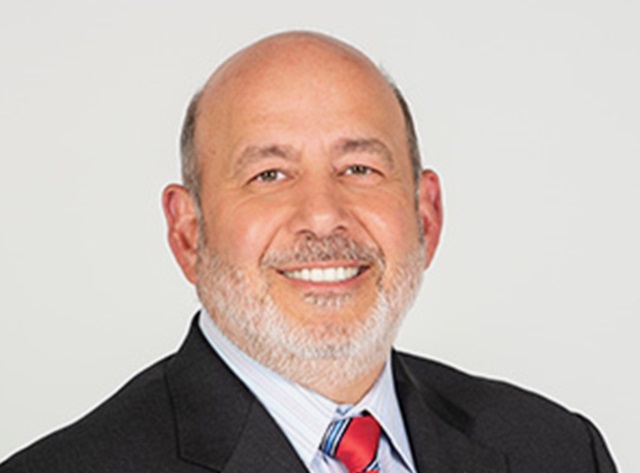 Anthony G. Costantino, PhD F-ABCC; Costantino Consulting Services, Inc; Penllyn, Pennsylvania
Anthony G. Costantino, PhD F-ABCC; Costantino Consulting Services, Inc; Penllyn, Pennsylvania
Dr. Costantino has a BS in Pharmacy and an MS in Pharmacology and Toxicology from Duquesne University and a PhD in forensic toxicology from the University of Maryland Medical School. He is a Fellow of the American Board of Forensic Toxicology, Fellow of the American Academy of Forensic Sciences, Past President, and Member and of the Society of Forensic Toxicologists and a member of the American Association of Clinical Chemistry. In his most recent experience, he served as the President and CEO of Drugscan, Inc, and is now consulting in the field of forensic and clinical toxicology.
 James Ferguson, DO, DFASAM, C-MRO; Vault Health; Willow Grove, Pennsylvania
James Ferguson, DO, DFASAM, C-MRO; Vault Health; Willow Grove, Pennsylvania
Dr. Ferguson, the Medical Director of Vault Health Recovery Management Solutions is a Diplomate of the American Board of Addiction Medicine (ABAM), a Distinguished Fellow of the American Society of Addiction Medicine (ASAM) and a Medical Review Officer (MRO) certified by the Medical Review Officer Certification Council. He directed the ASAM Comprehensive MRO Training Course from 2003 until 2013 and currently teaches MRO Training through the American Osteopathic College of Occupational and Preventive Medicine (AOCOPM) and the American College of Occupational and Environmental Medicine (ACOEM). He is Chairman of the Board of Directors of the Medical Review Officer Certification Council (MROCC).
 Samantha Fitz-Gerald, Psy.D.; Geisinger Marworth; Waverly, Pennsylvania
Samantha Fitz-Gerald, Psy.D.; Geisinger Marworth; Waverly, Pennsylvania
Dr. Samantha Fitz-Gerald is a licensed clinical psychologist from Scranton, PA. She completed her bachelor’s and master’s degrees in Clinical Psychology from Marywood University. She received her doctoral degree in Clinical Psychology from Philadelphia College of Osteopathic Medicine (PCOM). Dr. Fitz-Gerald completed her APA-accredited internship experience at Girard Medical Center in Philadelphia, PA where she conducted individual and group therapy in an outpatient drug and alcohol setting and provided psychoeducation on crisis management and relapse prevention on an acute inpatient unit. Dr. Fitz-Gerald has had the opportunity to work in a variety of settings including inpatient psychiatry, outpatient psychiatric clinics, private practice, residential drug and alcohol facilities and a traumatic brain injury setting providing a combination of psychotherapy and psychological testing. Dr. Fitz-Gerald currently works at Geisinger Marworth conducting psychological evaluations, supervision, monitoring the healthcare professionals’ program and facilitating trauma and grief specialty groups.
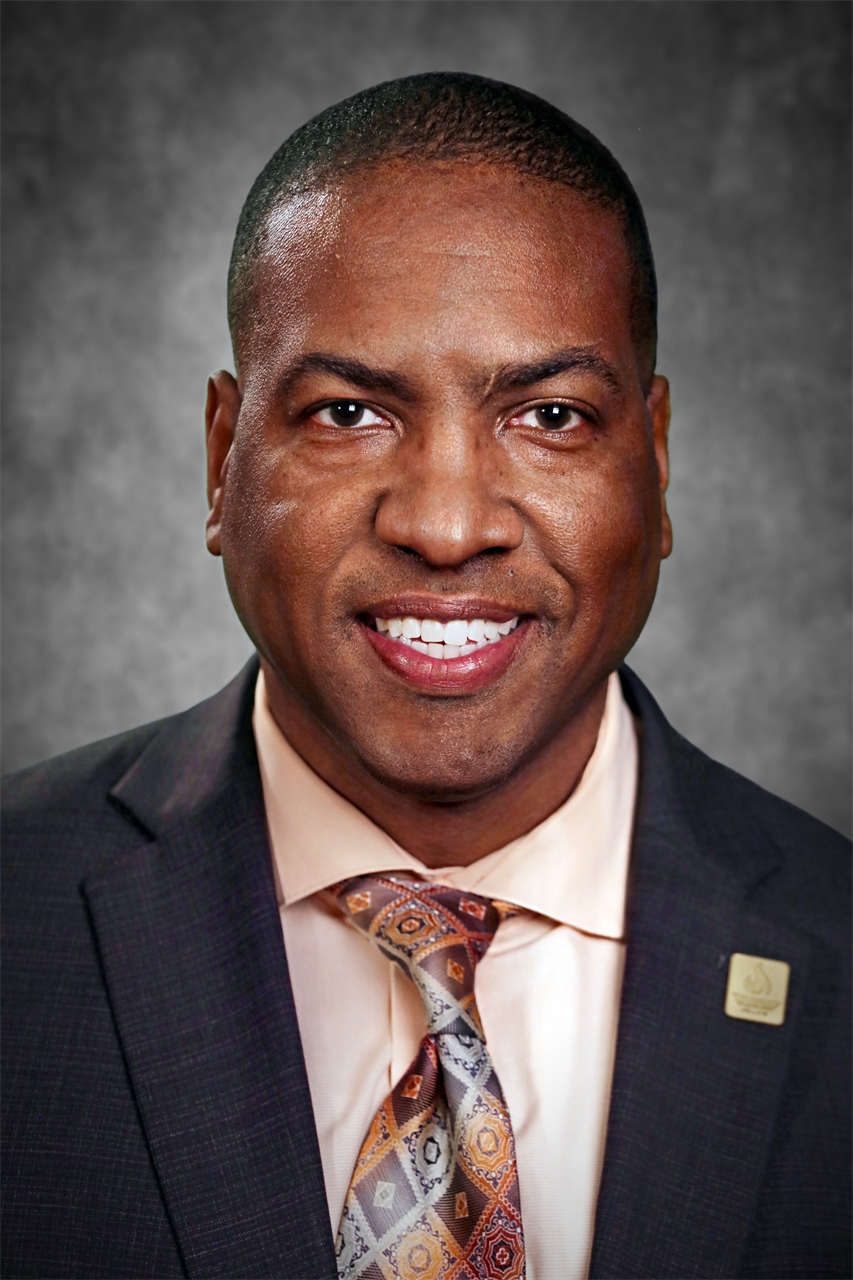 Derrick C. Glymph, PhD, DNAP, CRNA, COL, USAR, FAANA, FAAN; Duke University School of Nursing; Durham, North Carolina
Derrick C. Glymph, PhD, DNAP, CRNA, COL, USAR, FAANA, FAAN; Duke University School of Nursing; Durham, North Carolina
Dr. Glymph is a Faculty Member at Duke University School of Nursing in the Nurse Anesthesia Program. Dr. Glymph started his over 20-year career in nursing as a licensed practical nurse and continued to advanced practice Certified Registered Nurse Anesthetist. Dr. Glymph received his Associate and Bachelor of Sciences degrees from Norfolk State University (1995 and 1997), and his Master of Science and Doctor of Nurse Anesthesia Practice from Virginia Commonwealth University (2004 and 2010). He completed his PhD in Nursing Science focusing on substance abuse and opioid use disorder patient outcomes at University of South Florida.
 Myrtle Greene, PhD, LMHC, CAP, ICADC; Intervention Project for Nurses; Jacksonville Beach, Florida
Myrtle Greene, PhD, LMHC, CAP, ICADC; Intervention Project for Nurses; Jacksonville Beach, FloridaMyrtle serves as the Chief Operating Officer (COO) with the Florida Intervention Project for Nurses (IPN). She is a Licensed Mental Health Counselor (LMHC), Certified Addiction Professional (CAP) as well as an International Certified Addiction Counselor (ICADC). Myrtle facilitates workshops and trainings on "Workplace Impairment" to healthcare and nursing organizations also has authored professional publications on addiction in healthcare settings. She holds a Doctor of Philosophy in Psychology and Master of Arts degrees in Counseling Psychology, Rehabilitation Counseling, and Philosophy. Her doctoral research focused on the effectiveness of training tools to improve nurses’ competency when addressing impairment in the workplace. Myrtle currently serves as President of the National Organization of Alternative Programs (NOAP). She is an advisory member of the Florida State College of Jacksonville (FSCJ) Nursing Education Advisory Committee. Other memberships include the Florida Quality and Unity in Nursing Council (QUIN), American Psychological Association (APA), National Alliance on Mental Illness (NAMI) and the Florida Mental Health Association (FMHA).
 Laura Hoffman, Director, Interactive Screening Program (ISP); American Foundation for Suicide Prevention; New York City, New York
Laura Hoffman, Director, Interactive Screening Program (ISP); American Foundation for Suicide Prevention; New York City, New York
Laura serves as the Director of the Interactive Screening Program (ISP) for the American Foundation for Suicide Prevention (AFSP), where she has been on staff since 2011. Since 2014, she has overseen implementations of ISP at college and university campuses, hospitals and health systems and workplaces nationwide to connect over 250,000 people to available mental health services. She regularly speaks at national conferences as an expert on comprehensive suicide prevention strategies and programming for the health care workforce and college and university students.
 Joe Jones, PhD; USDTL; Des Plaines, Illinois
Joe Jones, PhD; USDTL; Des Plaines, Illinois
Joe has worked in the clinical forensic toxicology field for over 30 years and is currently the COO of USDTL. He has contributed to over 30 scientific papers in forensic toxicology. Jones has been certified by the National Registry of Certified Chemists as a Toxicological Chemist.
 Maggie Klyce, LICSW-S, PIP, CEDS-S; Elevate Wellness; Birmingham, Alabama
Maggie Klyce, LICSW-S, PIP, CEDS-S; Elevate Wellness; Birmingham, Alabama
Maggie Klyce is a therapist with her own practice in Birmingham, Alabama. She is a Certified Eating Disorder Specialist and an approved supervisor for those seeking this designation. Maggie is extensively trained in several therapeutic modalities and a trained interventionist. She is a national presenter on the topic of eating disorders, addiction, and autism. She previously served as President for the Alabama Chapter of the International Association of Eating Disorder Professionals. She currently is serving on the Eating Disorder Treatment Facilitator Task Force which aims to provide support for primary care physicians in the detection and treatment of eating disorders.
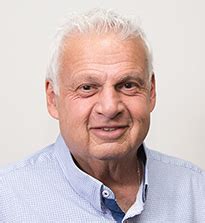 Barry Lubin, MD, FASAM, MRO; Affinity Online Solutions; Vienna, Virginia
Barry Lubin, MD, FASAM, MRO; Affinity Online Solutions; Vienna, Virginia
After completing undergraduate work at Rutgers University with highest honors, Barry entered medical school at Hahnemann University in Philadelphia, PA. He then completed an Internal Medicine residency at Jackson Memorial/University of Miami Hospitals before engaging in 12 years of Internal Medicine/Geriatrics practice in South Florida. He worked at Talbott Recovery Center in Atlanta for 9 years where he became a certified Addiction Medicine specialist. He is also a Fellow of the American Society of Addiction Medicine and a certified Medica Review Officer. Barry is the proud grandfather of 5 beautiful girls.
![]() Bertha Madras, PhD; Professor of Psychobiology, Department of Psychiatry, Harvard Medical School and McLean Hospital; Belmont, Massachusetts
Bertha Madras, PhD; Professor of Psychobiology, Department of Psychiatry, Harvard Medical School and McLean Hospital; Belmont, Massachusetts
Bertha is Professor of Psychobiology at Harvard Medical School (37 years), based at McLean Hospital where she directs the Laboratory of Addiction Neurobiology, and is cross-appointed at the Massachusetts General Hospital. Her research on neurobiology and drug policy has yielded more than 200 scientific manuscripts, articles, books and book chapters. Recipient of 19 U.S. and 27 international issued patents with collaborators, she served as Deputy Director for Demand Reduction in the White House Office of National Drug Control Policy (ONDCP), Executive Office of the President, a presidential appointment confirmed unanimously (99-0) by U.S. Senate. Dr. Madras served as a panelist on Narcotics at the Vatican Pontifical Academy of Sciences and was appointed as one of six members of the President’s Commission on Combating Drug Addiction and the Opioid Crisis. She is the recipient of research and public service awards, Her experiences in neuroscience research, drug addiction, education, government and public service offer a unique perspective at the intersection of science and public policy.
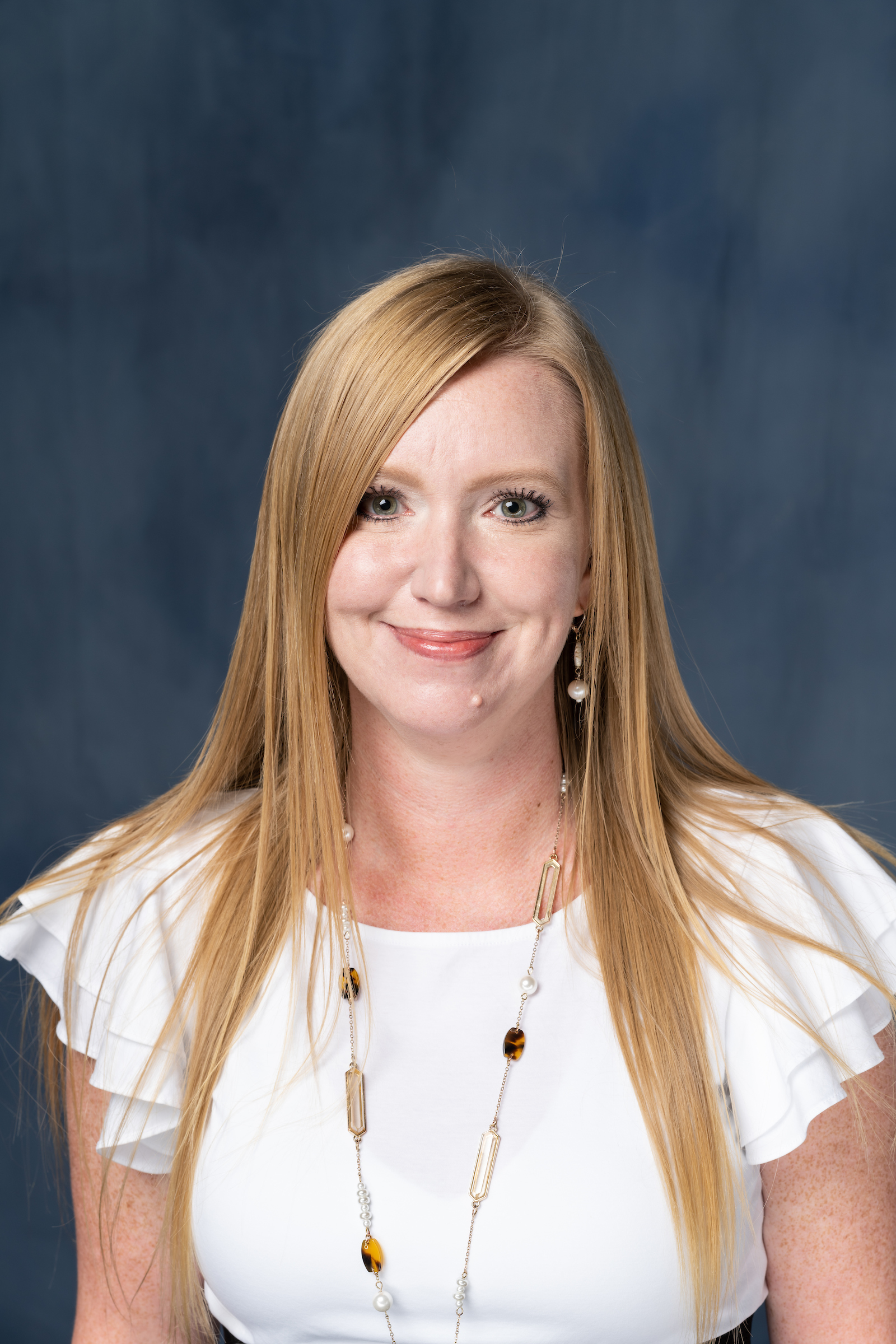 Ashley McReynolds, BSN, RN, RN-BC, CARN; UF Health Florida Recovery Center; Gainesville, Florida
Ashley McReynolds, BSN, RN, RN-BC, CARN; UF Health Florida Recovery Center; Gainesville, Florida
Ashley is the lead nurse at the Florida Recovery Center. She is a Registered Nurse with 12 years of nursing experience in mental health and substance use disorder nursing. Ashley has experience working inpatient detox, hospital administration, outpatient healthcare evaluations, as well as community outreach. Ashley currently participates in the evaluation and treatment of healthcare professionals from all over the country.
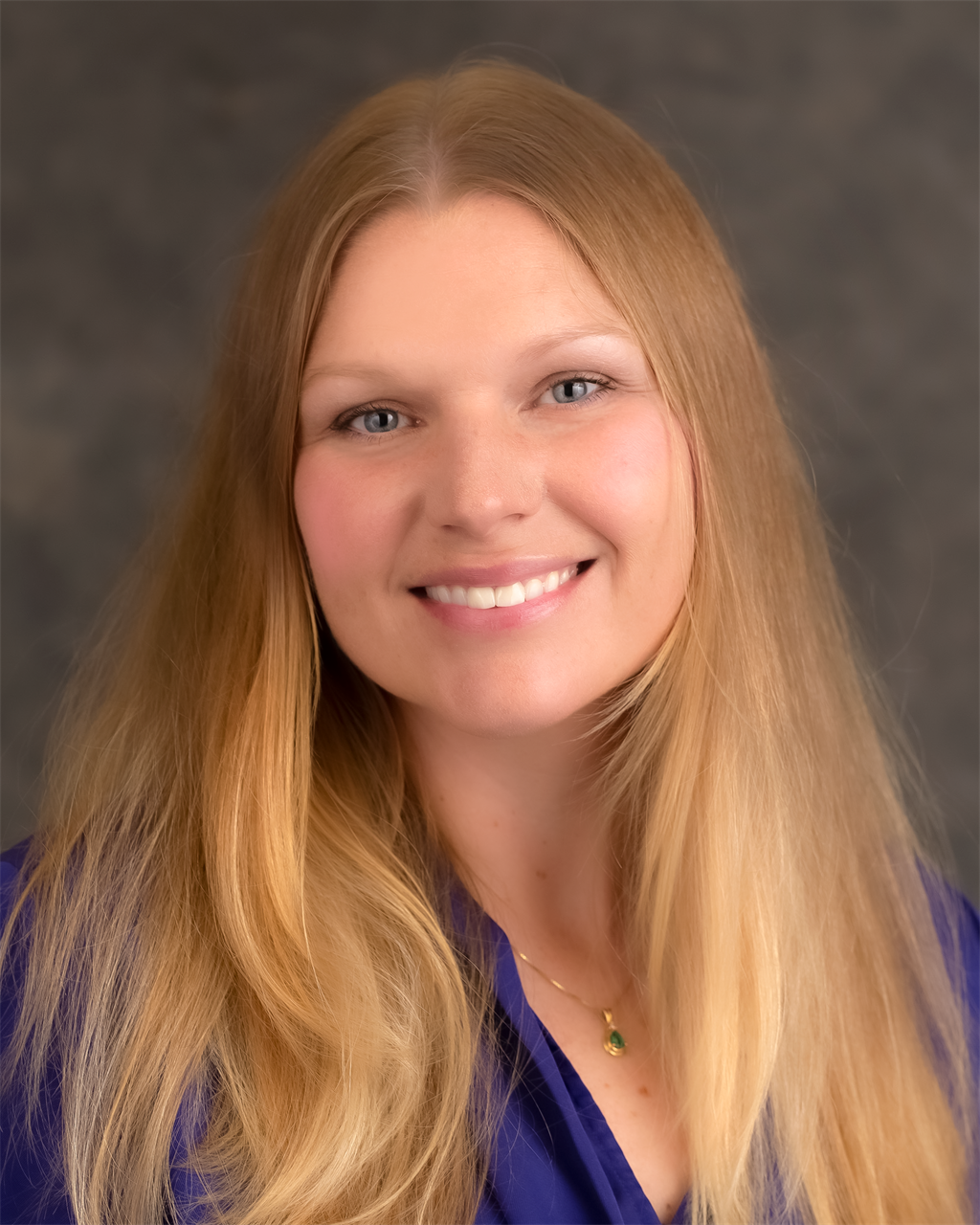 Abby Migliore, MSN, MBA, RN; Alabama Board of Nursing; Montgomery, Alabama
Abby Migliore, MSN, MBA, RN; Alabama Board of Nursing; Montgomery, Alabama
Abby Migliore is the Administrative Director for Discipline/Compliance Monitoring with the Alabama Board of Nursing (ABN), since 2015. Abby oversees the ABN’s Voluntary Discipline Alternative Program (VDAP), which monitors nurses with admitted substance abuse, mental health or physical health concerns that may impede professional performance, the Probation Department, which monitors nurses as a condition of discipline against their licenses and Compliance Nurses, who apply professional nursing judgement to alleged violations of the Alabama Nurse Practice Act. She has presented nationally and internationally on subjects that effect healthcare to include substance abuse and mental health and wellness of healthcare workers.
 John Ordiway, MS, LPC, LAT, CBIST; Dept. Chair Addiction Studies and Psychology - Casper College; Wyoming Professional Assistance Program - Clinical Director; Casper, Wyoming
John Ordiway, MS, LPC, LAT, CBIST; Dept. Chair Addiction Studies and Psychology - Casper College; Wyoming Professional Assistance Program - Clinical Director; Casper, Wyoming
John currently works as the Clinical Director for the Wyoming Professional Assistance Program as well as the Department Chair for Addiction Studies and Psychology at Casper College. He is also a member of the Motivational Interviewing Network of Trainers.
 A. Kenison Roy, III; MD, DFASAM, DLFAPA; Tulane Department of Psychiatry, Division of Addiction Medicine; New Orleans, Louisiana
A. Kenison Roy, III; MD, DFASAM, DLFAPA; Tulane Department of Psychiatry, Division of Addiction Medicine; New Orleans, Louisiana
Ken is the Program Director of the Addiction Medicine Fellowship at Tulane Medical School in the Department of Psychiatry. He is Associate Professor of Psychiatry at Tulane School of Medicine, a Distinguished Life Fellow of the American Psychiatric Association and a Distinguished Fellow of the American Society of Addiction Medicine. He is certified by the American Board of Psychiatry and Neurology, The American Board of Preventive Medicine in Addiction Medicine, and the American Board of Addiction Medicine.
 Donna Smith, PhD, EdD; RecoveryTrek; Virginia Beach, Virginia
Donna Smith, PhD, EdD; RecoveryTrek; Virginia Beach, Virginia
Dr. Smith is the Quality Assurance Officer for Recovery Trek, LLC. As one of the principal authors and architects of the drug and alcohol testing regulations for U.S. military personnel, federal employees, and U.S. Department of Transportation (DOT) regulated employees, Dr. Smith has expertise and experience in forensic standards for specimen collection, laboratory analysis and review and interpretation of drug and alcohol test results. She has served on the faculties of the American Society of Addiction Medicine (ASAM) and the American College of Occupational and Environmental Medicine (ACOEM) developing and teaching Medical Review Officer (MRO) courses. She has co-authored MRO Manuals and Guidebooks. Dr. Smith has served on the Substance Abuse and Mental Health Services Administration’s (SAMHSA) Federal Drug Testing Advisory Board (DTAB), the Board of Directors of the Substance Abuse Program Administrators’ Association (SAPAA), and the Governing Board of the Drug-Free America Foundation.
![]() Kathie Simpson, RN, BSN, CACPN; Pennsylvania Nurse Peer Assistance Program; Irwin, Pennsylvania
Kathie Simpson, RN, BSN, CACPN; Pennsylvania Nurse Peer Assistance Program; Irwin, Pennsylvania
Kathie is an RN who graduated from the Westmoreland Hospital School of Nursing. She has over 30 years of experience treating impaired health care professionals. Her nursing background includes Operating Room and Critical Care Nursing. She also has her certifications in Addiction Counseling, Psychiatric Nursing and Nursing Management. Her past employment includes Program Director and Nurse Manager for various Adult Inpatient Detoxification, Rehabilitation and Psychiatric programs. Kathie has served as the Executive Director of Operations for the S.A.R.P.H. Pharmacy Peer Assistance Program since 2004. She also developed the Pa. Nurse Peer Assistance Program and Executive Director of the Pennsylvania Nurse Peer Assistance Program since its inception in 2009 until she retired in 2019. She has been deemed an expert in the management of Healthcare Professionals experiencing problems with substance abuse or mental health issues. She is a friend and strong advocate for these professionals.
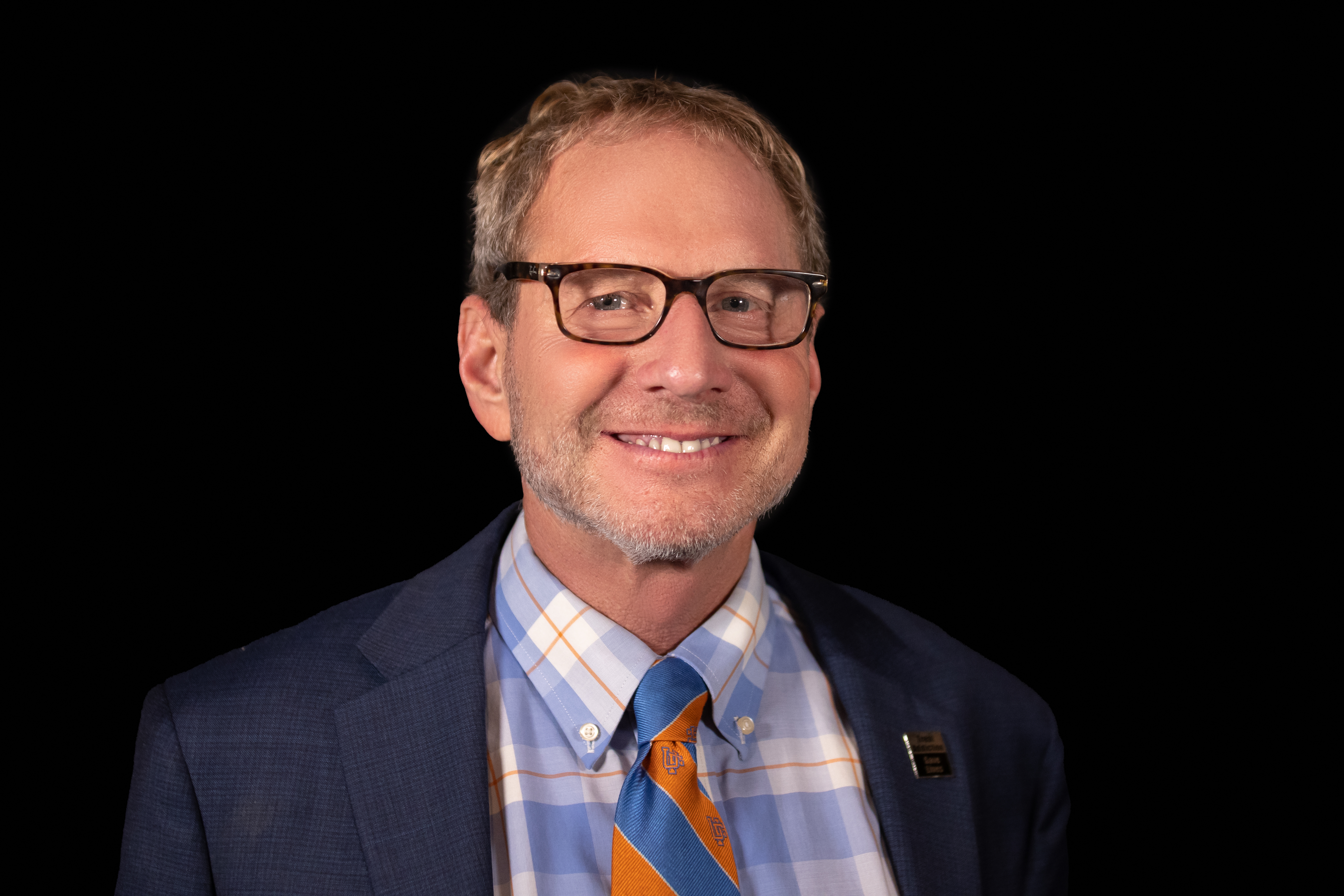 Scott Teitelbaum, MD, FAAP, DFASAM; University of Florida; Gainesville, Florida
Scott Teitelbaum, MD, FAAP, DFASAM; University of Florida; Gainesville, FloridaThe Pottash Professor in Psychiatry and Neuroscience at the University of Florida’s College of Medicine, where he serves as Vice Chair of the Department of Psychiatry, Chief of the Division of Addiction Medicine, Medical Director of the UF Health Florida Recovery Center, and Professor in Pediatrics. Trained and board-certified as a pediatrician, Dr. Teitelbaum completed fellowships in addiction medicine and child psychiatry at the University of Florida. He has been involved in the evaluation and/or treatment of more than 5,000 healthcare providers and other professionals from across the country.
 Rachel Waters, LMHC; UF Health Florida Recovery Center; Gainesville, Florida
Rachel Waters, LMHC; UF Health Florida Recovery Center; Gainesville, Florida
Rachel is the Director of Professionals Programming at the Florida Recovery Center. She is a Licensed Mental Health Counselor with 13 years of progressive leadership in mental health and substance abuse therapy, experienced in direct clinical care and outreach. Rachel now helps focus on guiding patients and family members to the services needed that will empower them to make the changes needed to reach long term recovery.
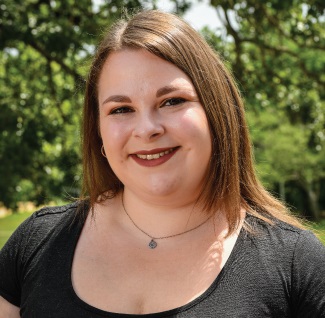 Ashley Whitted, MS, LPC, CSAT; Santé Center for Healing; Argyle, Texas
Ashley Whitted, MS, LPC, CSAT; Santé Center for Healing; Argyle, TexasAshley began her work at Santé as a counseling associate in May of 2018. She is now a Residential Case Manager/Primary Therapist for the residential treatment program. She obtained a Bachelor’s degree in Psychology from the University of Texas at Austin and a Master’s degree in Clinical Mental Health Counseling from the University of North Texas. She is currently a Licensed Professional Counselor and Certified Sex Addiction Therapist. She has a passion for recovery and being able to help others build themselves back up when they are at their lowest.
Meal Functions
Tuesday, May 16
Exhibitor Welcome Reception
- Grazing Table: Display of domestic & imported artisan cheeses with seasonal berries and grapes, marinated olives, cured meats, breads & spreads
- Display of Seasonal Tree & Vine ripened Fruit: Sliced fresh seasonal fruits & berries with vanilla citrus yogurt
Wednesday, May 17
Breakfast
- The Drury Hotel offers a complimentary Hot Breakfast each morning, weekdays from weekdays from 6-9:30am and on weekends from 7-10am. Breakfast includes (subject to change): Belgian Waffles, Country Fresh Scrambled Eggs, Breakfast Potatoes, Sausage Patties, Buttermilk Biscuits & Peppered Gravy, Oatmeal & Toppings, Fresh Fruit, Assorted Yogurts, Hard-boiled Eggs, Bagels & Bread, Pastries, assorted muffins & danishes, cereals, milk, juice, Kelso+Bros® Coffee
Lunch Buffet
- Amalfi Coast Buffet: Antipasto Display of Imported & domestic artisan cheeses; Cured meats, grilled veggies & marinated olives; Heirloom tomato & fresh mozzarella salad with pesto oil; Classic Caesar salad with aged parmesan & house made croutons; Orzo salad, tomato, gorgonzola & kalamata olives; Pesto marinated chicken breast, sundried tomato tapenade & shaved parmesan; Pan seared mahi mahi with brown butter sage sauce; Individual baked fontina & wild mushroom lasagna rolls; Roasted broccolini, charred lemons & blistered tomato; Focaccia bread with rosemary & garlic; Mini Cannolis
Thursday, May 18
Breakfast
- See Wednesday
Lunch
- Guadalajara: Tortilla soup with shredded Monterey cheese; Cilantro lime rice; Assorted salsa & tri colored corn chips; Individual mini taco salads; Taco & fajita bar featuring: carnitas, ancho rubbed chicken, marinated skirt; steak asada, blackened shrimp; Fresh seasonal vegetables; Ancho refried beans with cotija cheese & chives; Sautéed peppers & onions, salsa, warm flour tortilla & crispy corn tortillas; Guacamole, sour cream, shredded cheese, onions, jalapenos & pico de gallo; Crispy churro lollipops with cinnamon sugar dust; Mini vanilla flan with caramel sauce
Friday, May 19
Breakfast
- See Wednesday
Meeting Rooms
|
|
